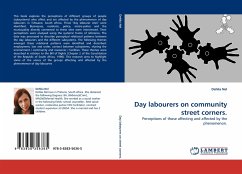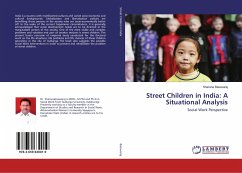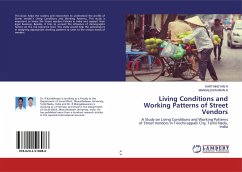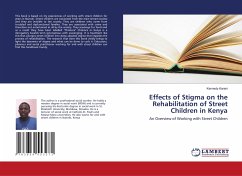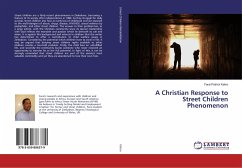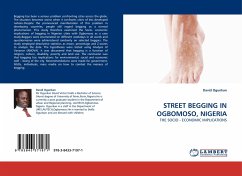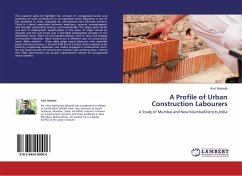This book explores the perceptions of different groups of people (subsystems) who affect and are affected by the phenomenon of day labourers in Tshwane, South Africa. Three "day labourer sites" were identified. Businesses, residents, police, metro-police and the municipality directly connected to these sites were interviewed. Their perceptions were analysed using the systemic frame of reference. The data was processed to describe perceptual relational patterns between the day labourers and the different subsystems. The following themes amongst these relational patterns were identified and described: employment, law and order, contact between subsystems, sharing the environment / community and resources / facilities. These themes were described in relation to the Bill of Rights (Chapter 2 of the Constitution of the Republic of South Africa, 1996). This research aims to highlight some of the voices of the groups affecting and affected by the phenomenon of day labourers
Bitte wählen Sie Ihr Anliegen aus.
Rechnungen
Retourenschein anfordern
Bestellstatus
Storno

